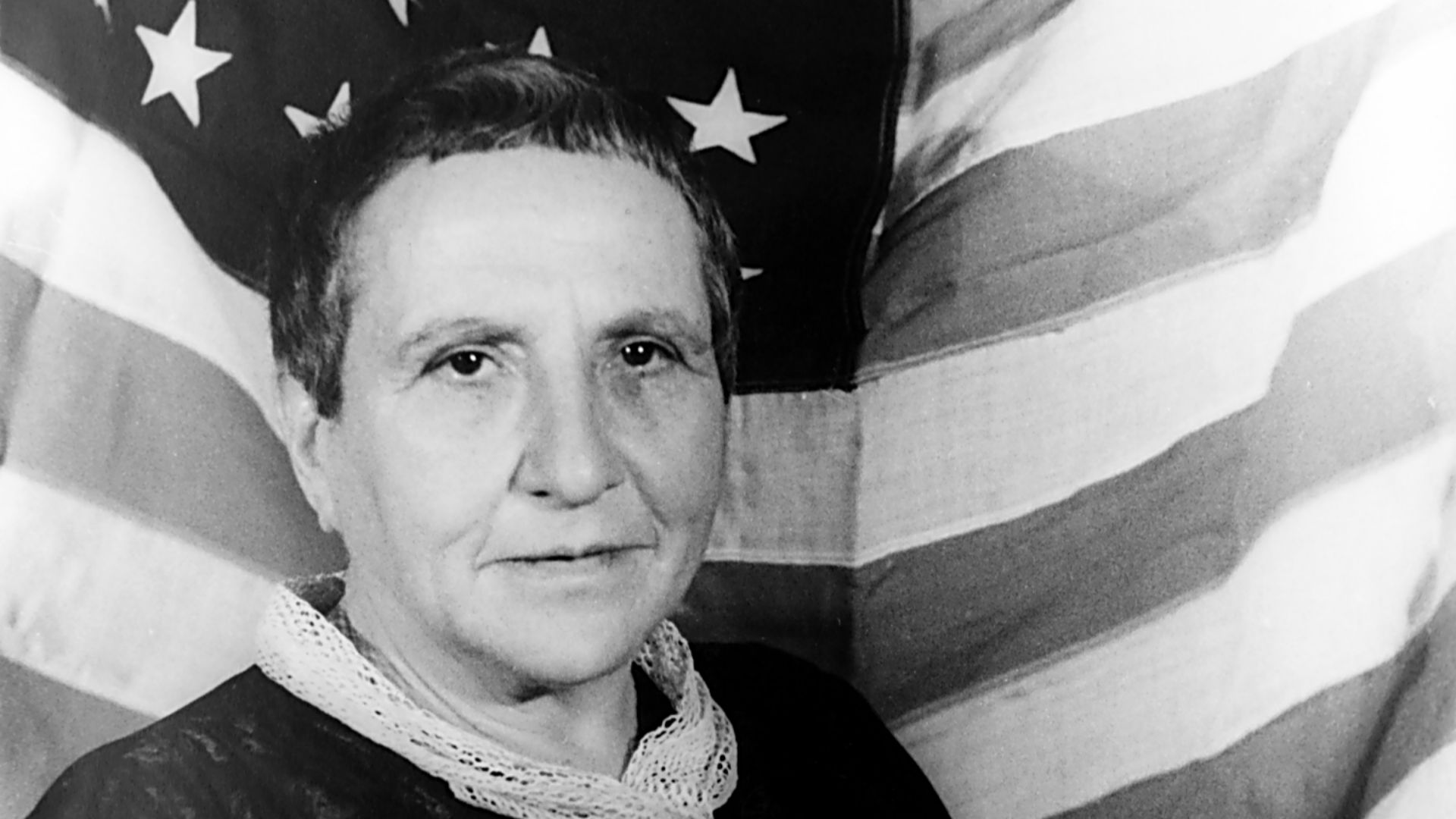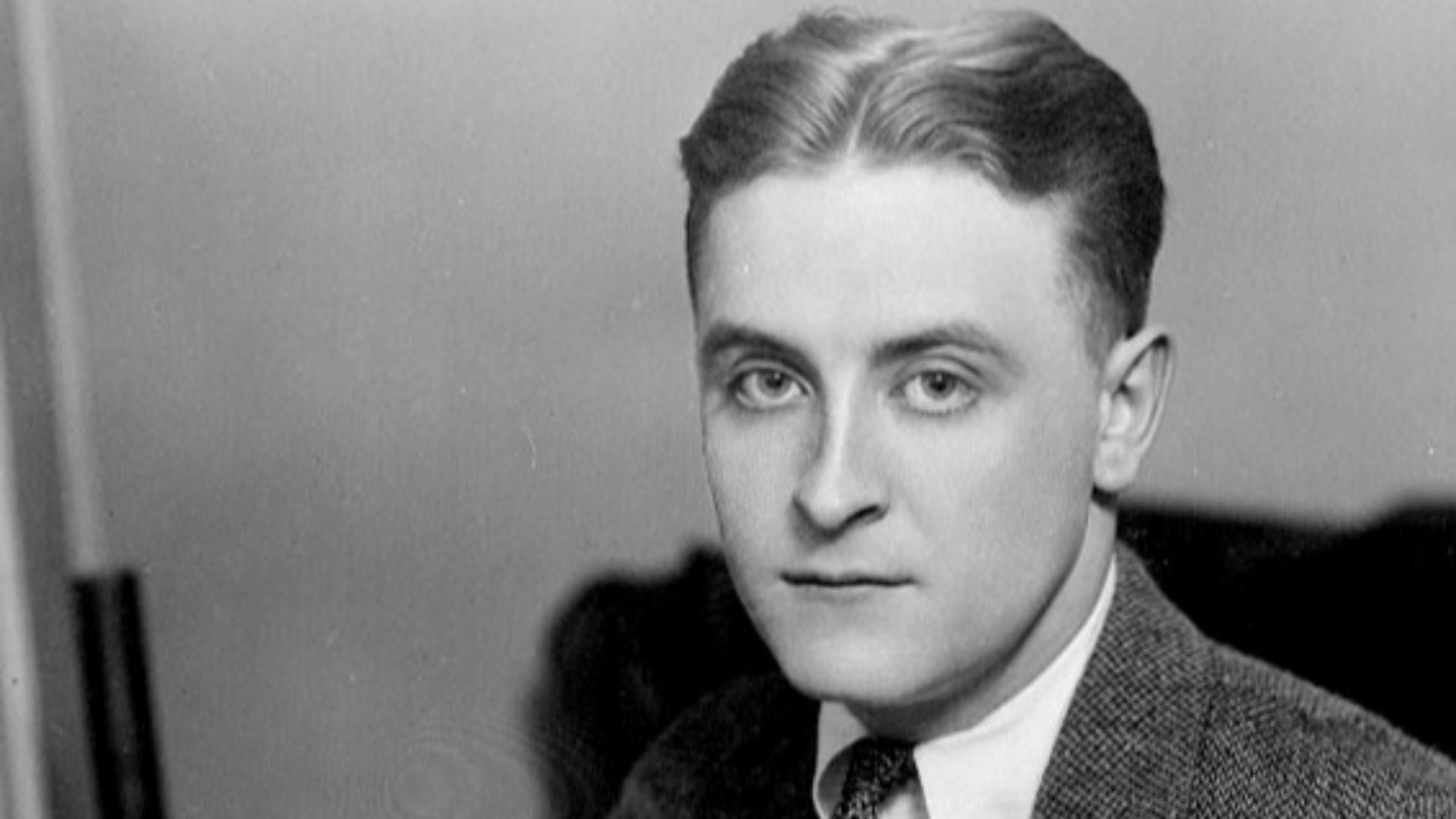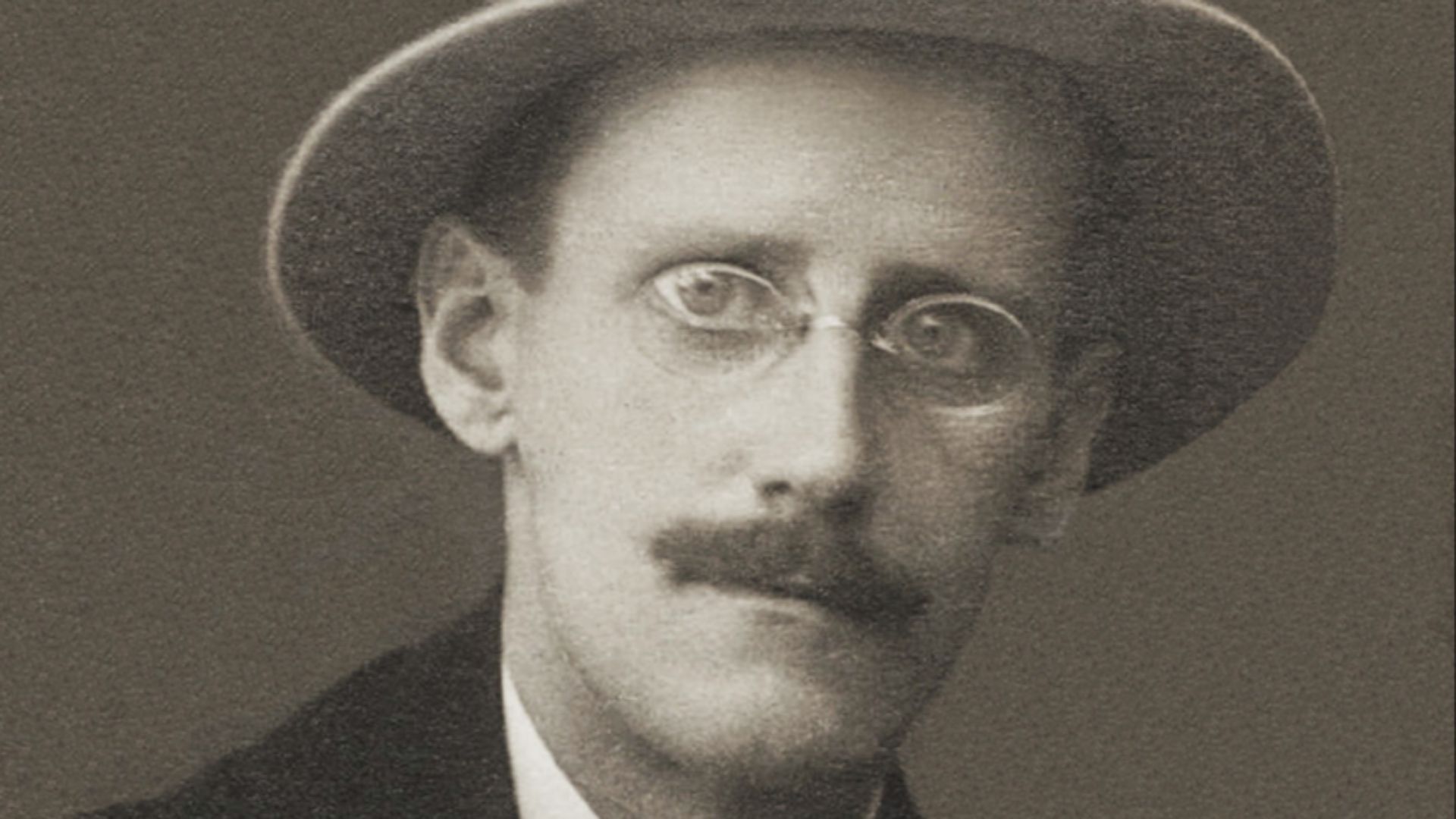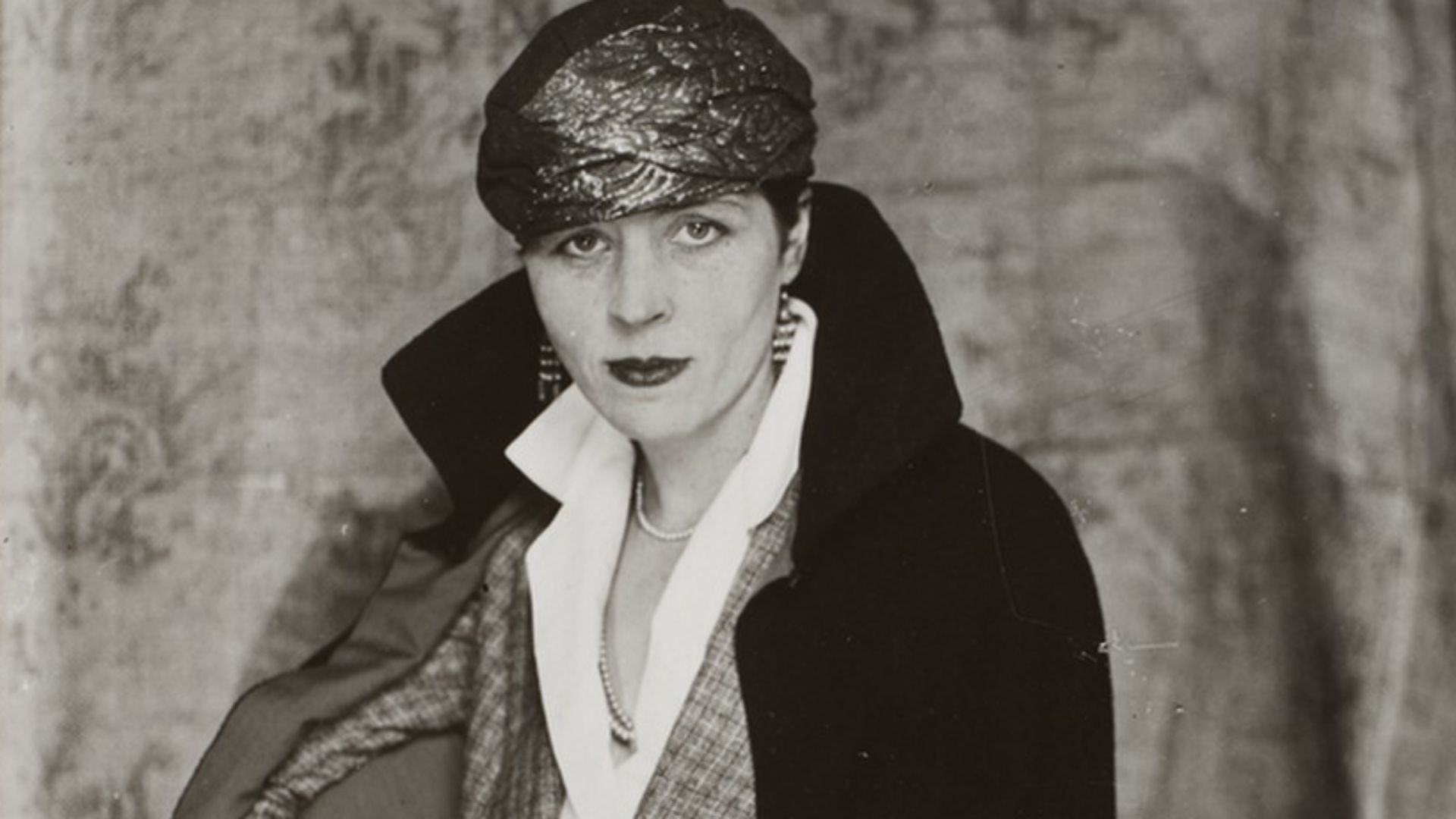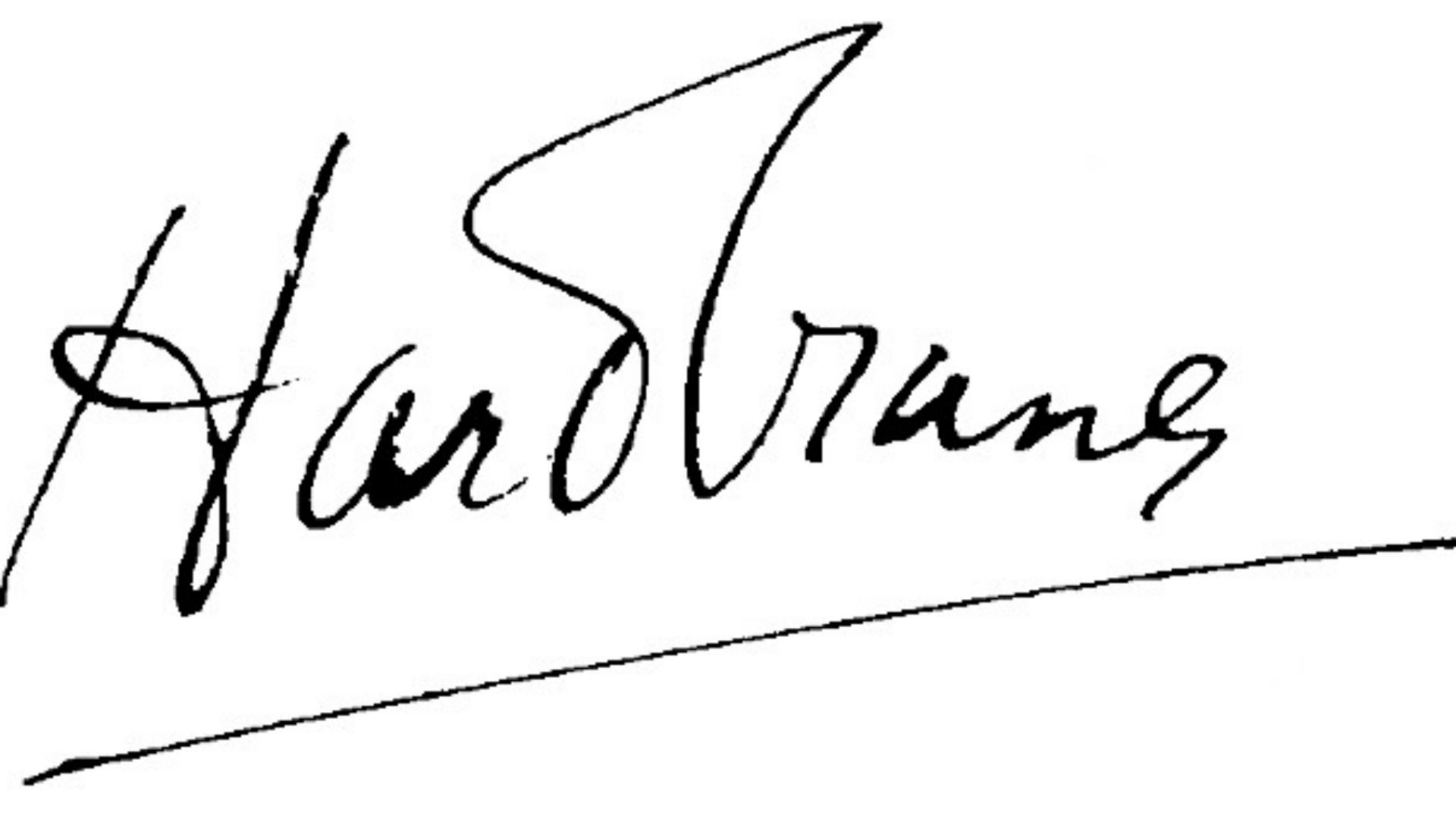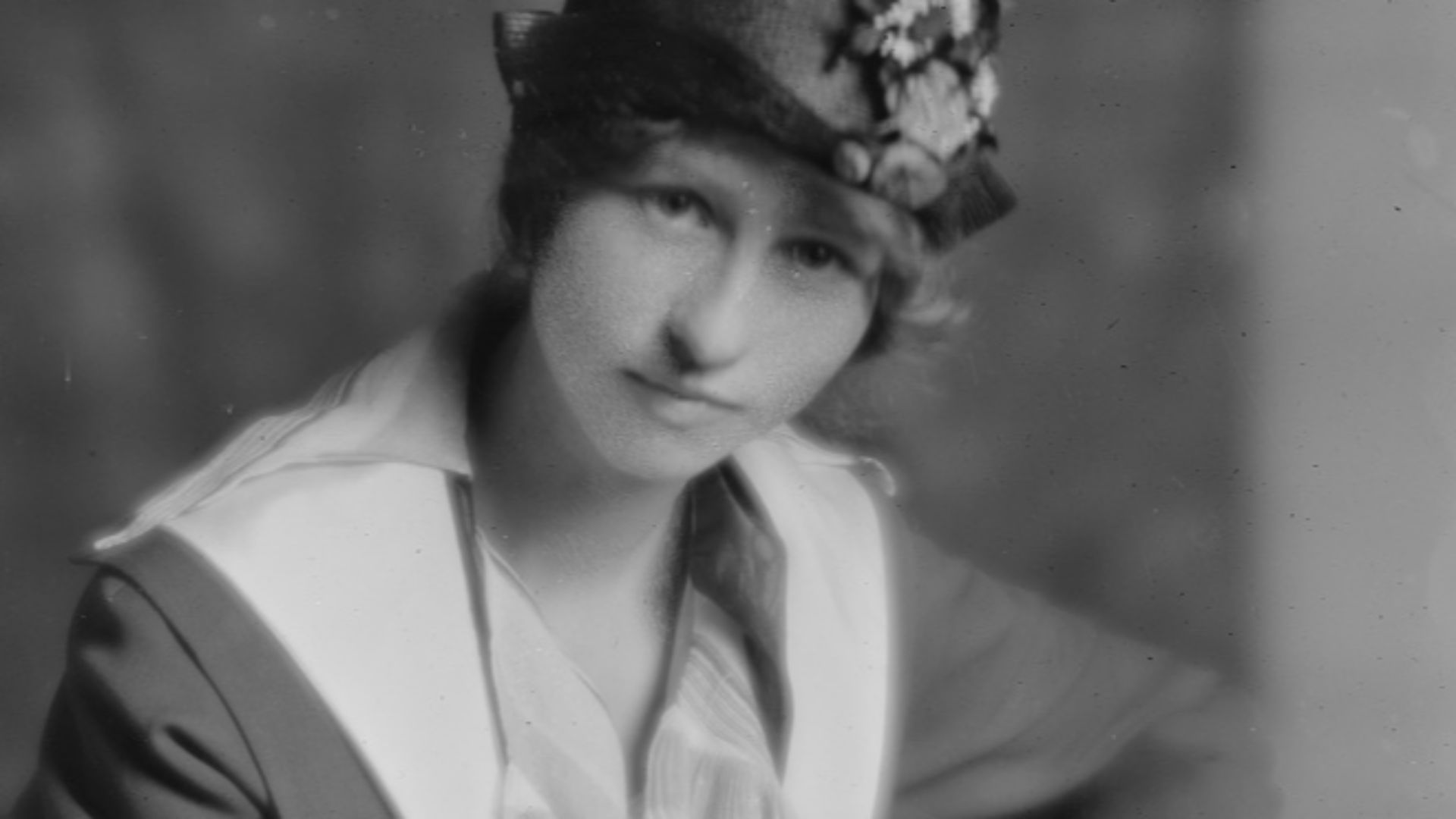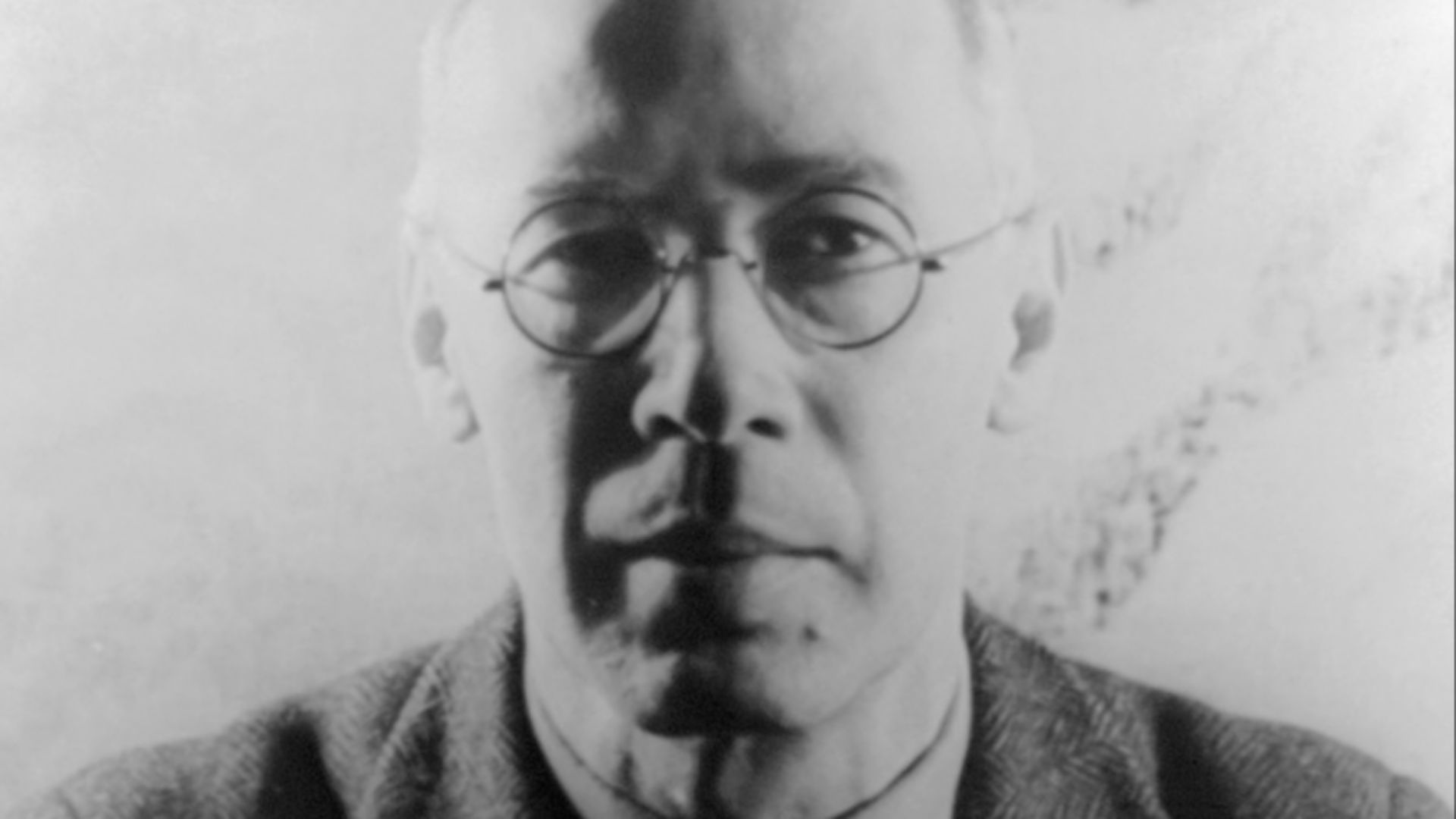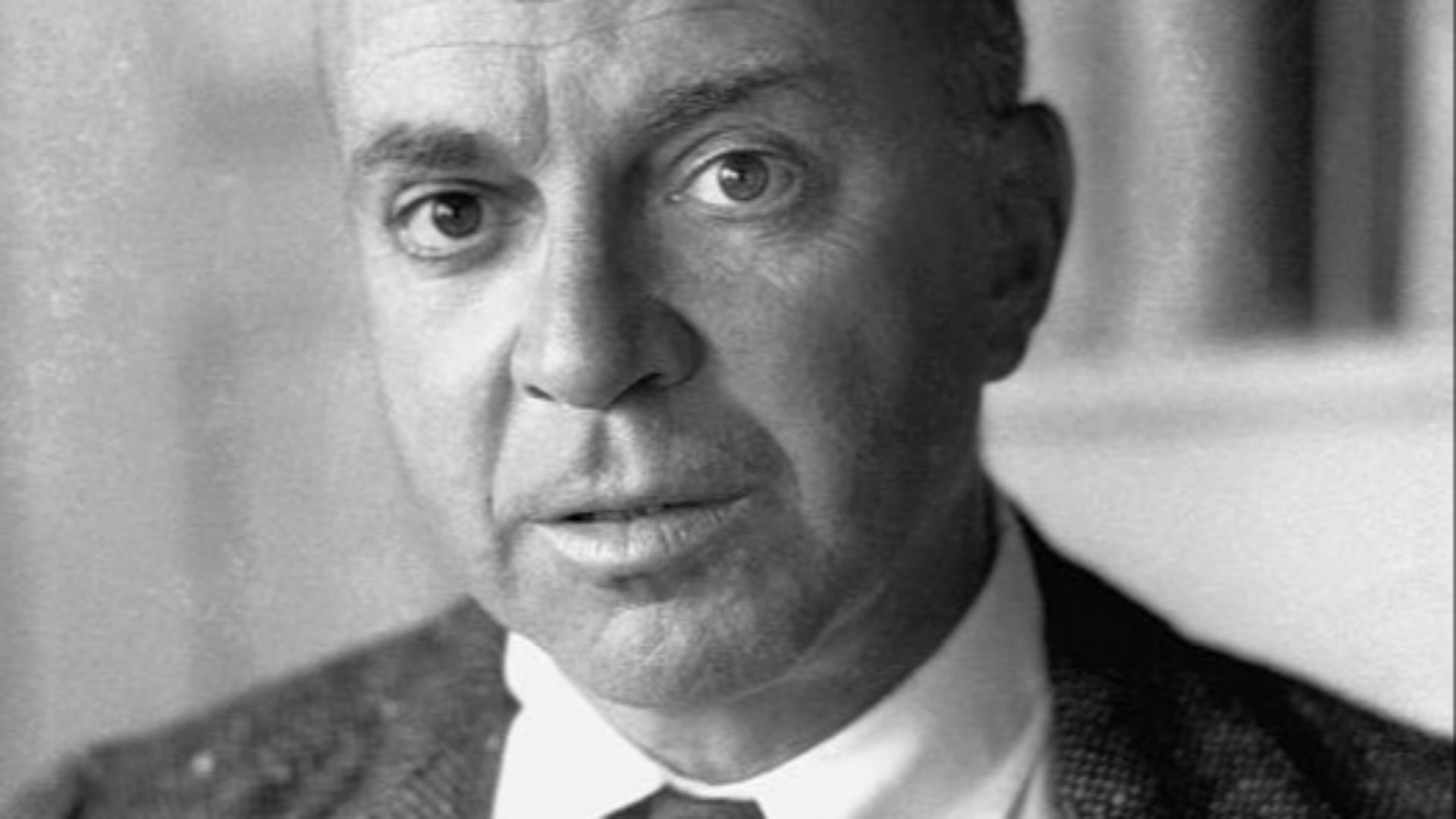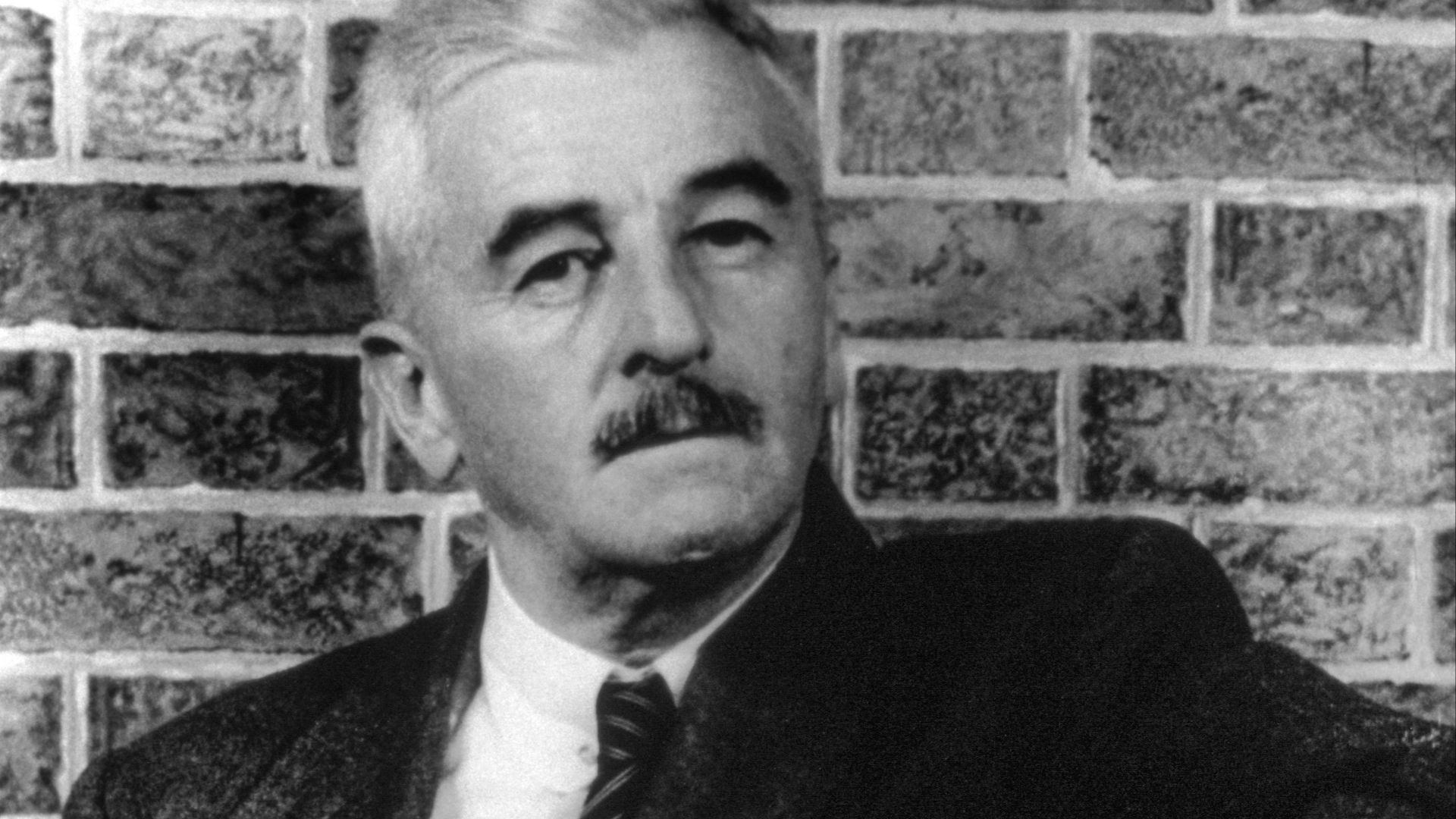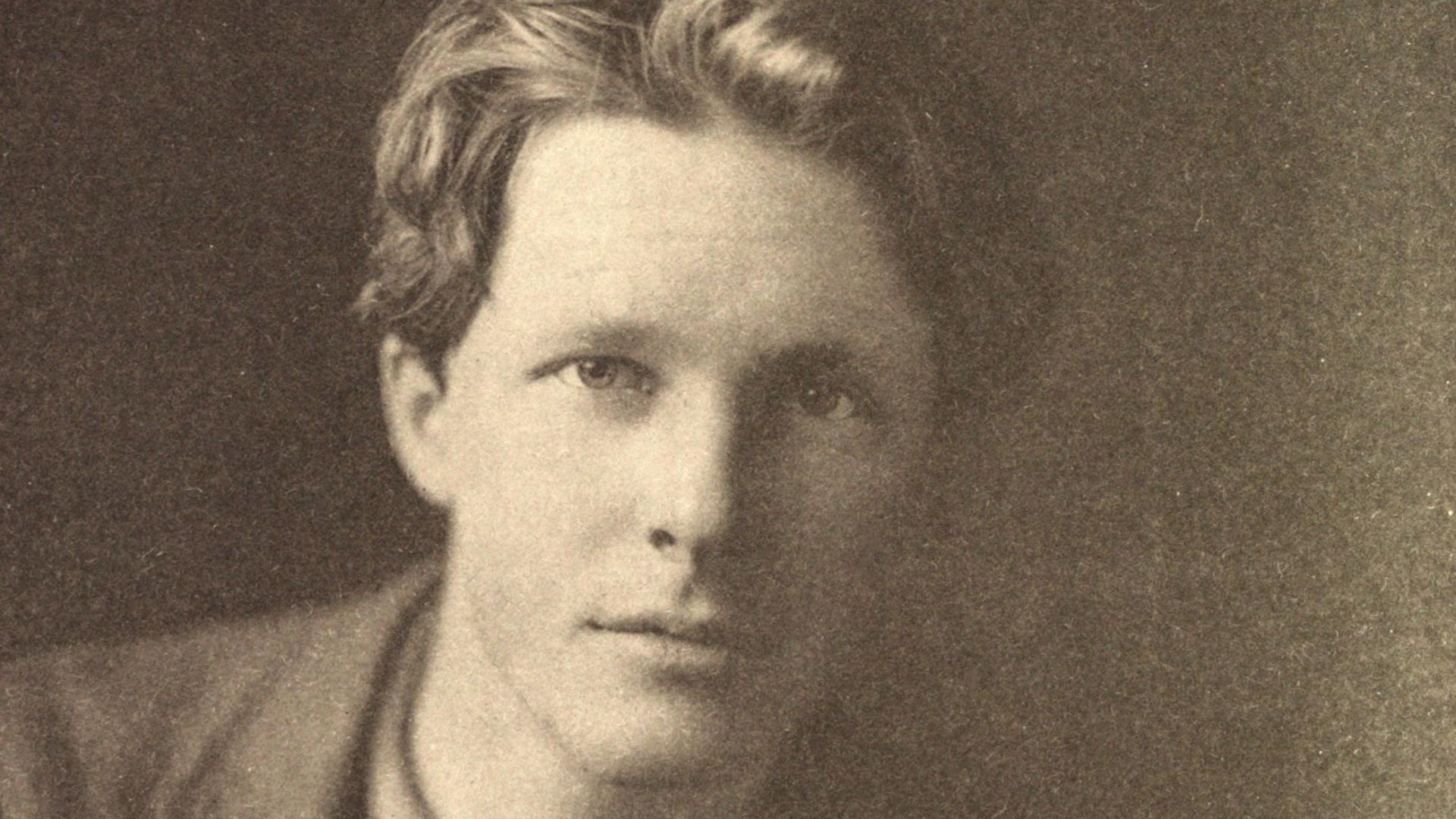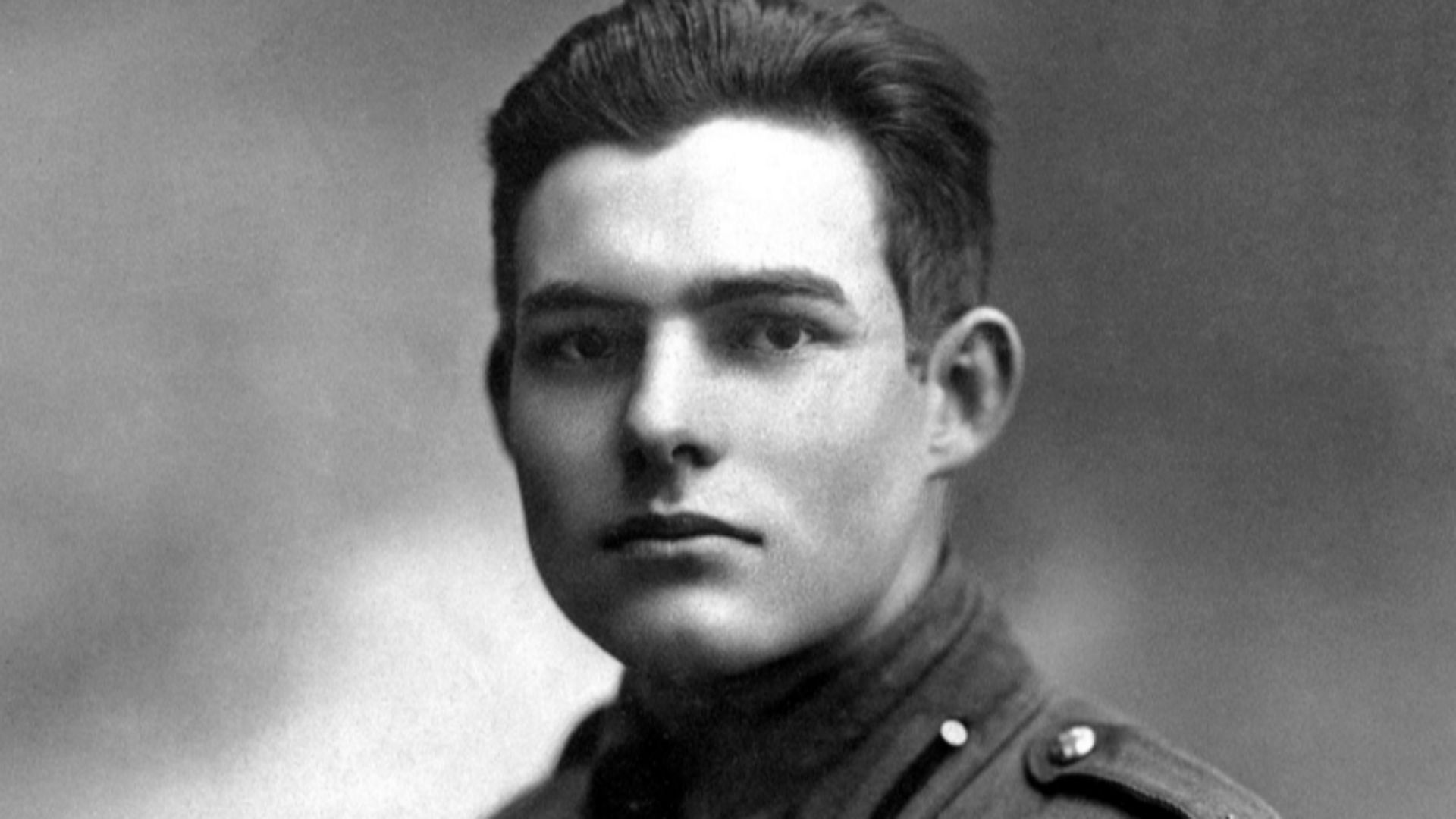Wandering & Directionless: 20 Figures Of The Lost Generation
Lost, But Not Forgotten
In the wake of the First World War came a generation of writers who came of age during the great trauma. Some lost their lives in the trenches, others, their sense of innocence, patriotism, and values. Many of these great writers congregated around Paris in the 1920s—you may be surprised by how many you know!
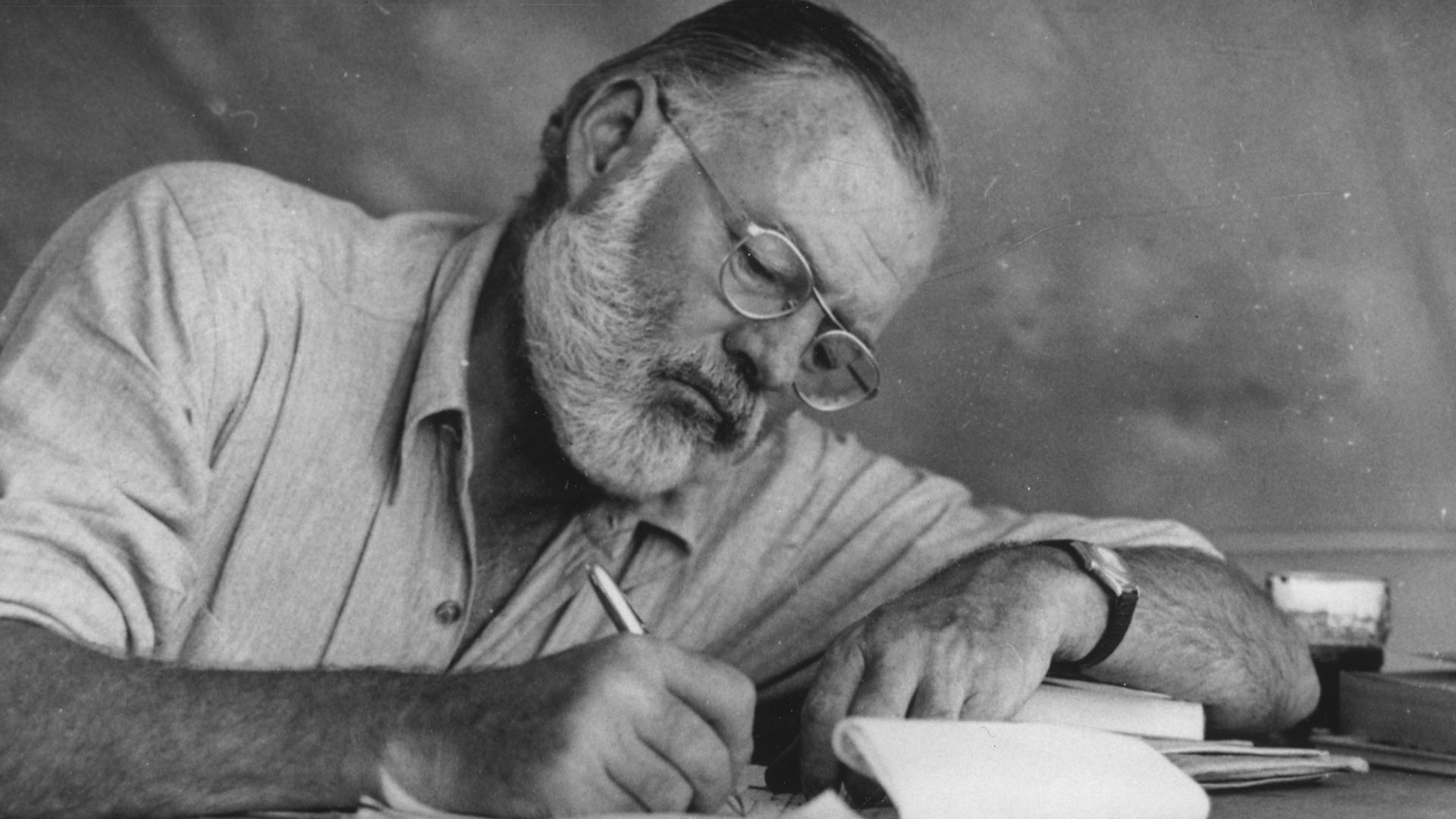 Look Magazine, Photographer (NARA record: 1106476) on Wikimedia
Look Magazine, Photographer (NARA record: 1106476) on Wikimedia
1. Gertrude Stein
A decade older than the other writers on this list, Gertrude Stein coined the term "Lost Generation". Stein moved to Paris at the turn of the century and hosted salons for many of the other figures on this list. Not just a tastemaker, Stein was also a writer, best known for an autobiography of her partner, Alice B. Toklas.
2. F. Scott Fitzgerald
One of the most common themes in Lost Generation writing was the death of the American Dream, and none did it better than F. Scott Fitzgerald. The author of The Great Gatsby, Fitzgerald and his wife, Zelda, were the archetypal 'Bright Young Things' of the '20s. While Fitzgerald garnered fleeting fame during his short and troubled life, he is now considered one of America's greatest novelists.
3. E. E. Cummings
E.E. Cummings' experiments in poetry helped open up the form to greater freedom throughout the century. Cummings' poems are playful, often using all lower case and unconventional grammar. Cummings also wrote a novel based on his experiences with ambulance driving and prison camps.
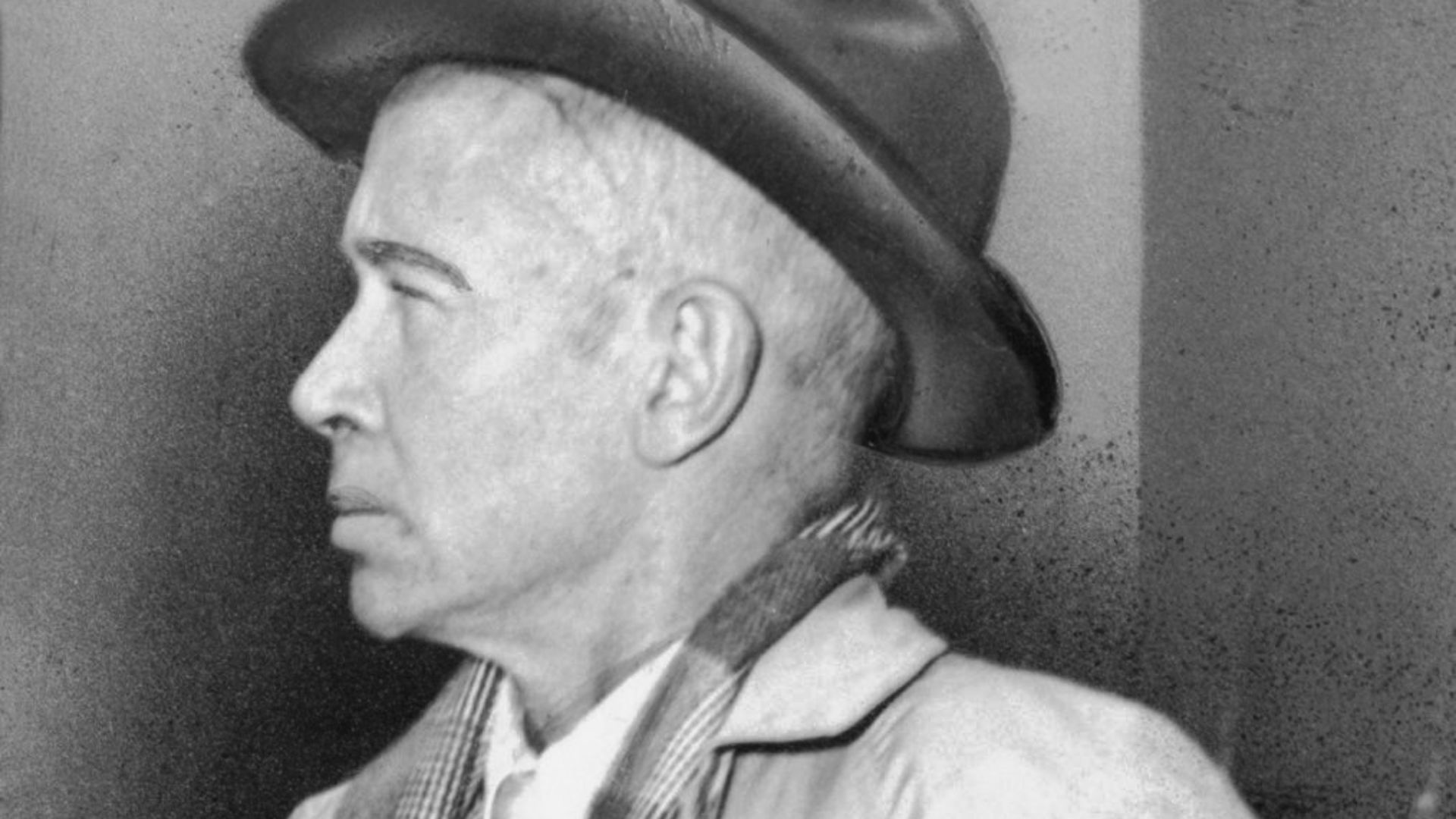 New York World-Telegram and the Sun staff photographer: Albertin, Walter, photographer. on Wikimedia
New York World-Telegram and the Sun staff photographer: Albertin, Walter, photographer. on Wikimedia
4. Wilfred Owen
Very few writers of the Lost Generation survived the war unscathed; some did not survive at all. English poet Wilfred Owen was known for capturing the horrors of trench warfare and disillusionment with his pen. Tragically, Owen lost his life a week before WWI ended.
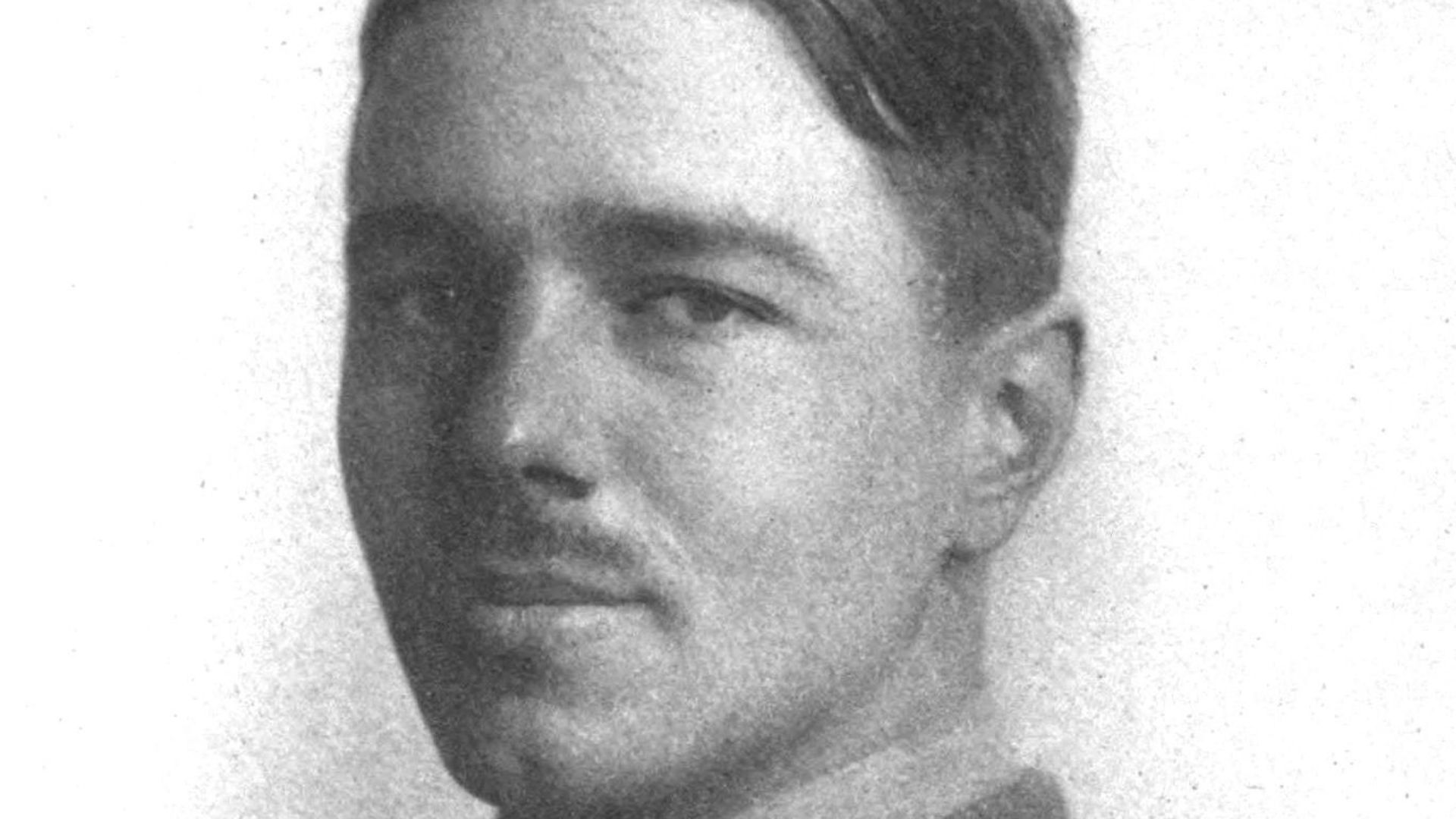 Unknown authorUnknown author on Wikimedia
Unknown authorUnknown author on Wikimedia
5. Sylvia Beach
One of the lesser-known figures on this list, bookseller Sylvia Beach amplified the voices of many of her contemporaries. Beach ran the famous Parisian bookstore Shakespeare and Company, which served as a publisher and gathering place for aspiring writers. Unfortunately, the store was closed during the occupation of Paris in 1941.
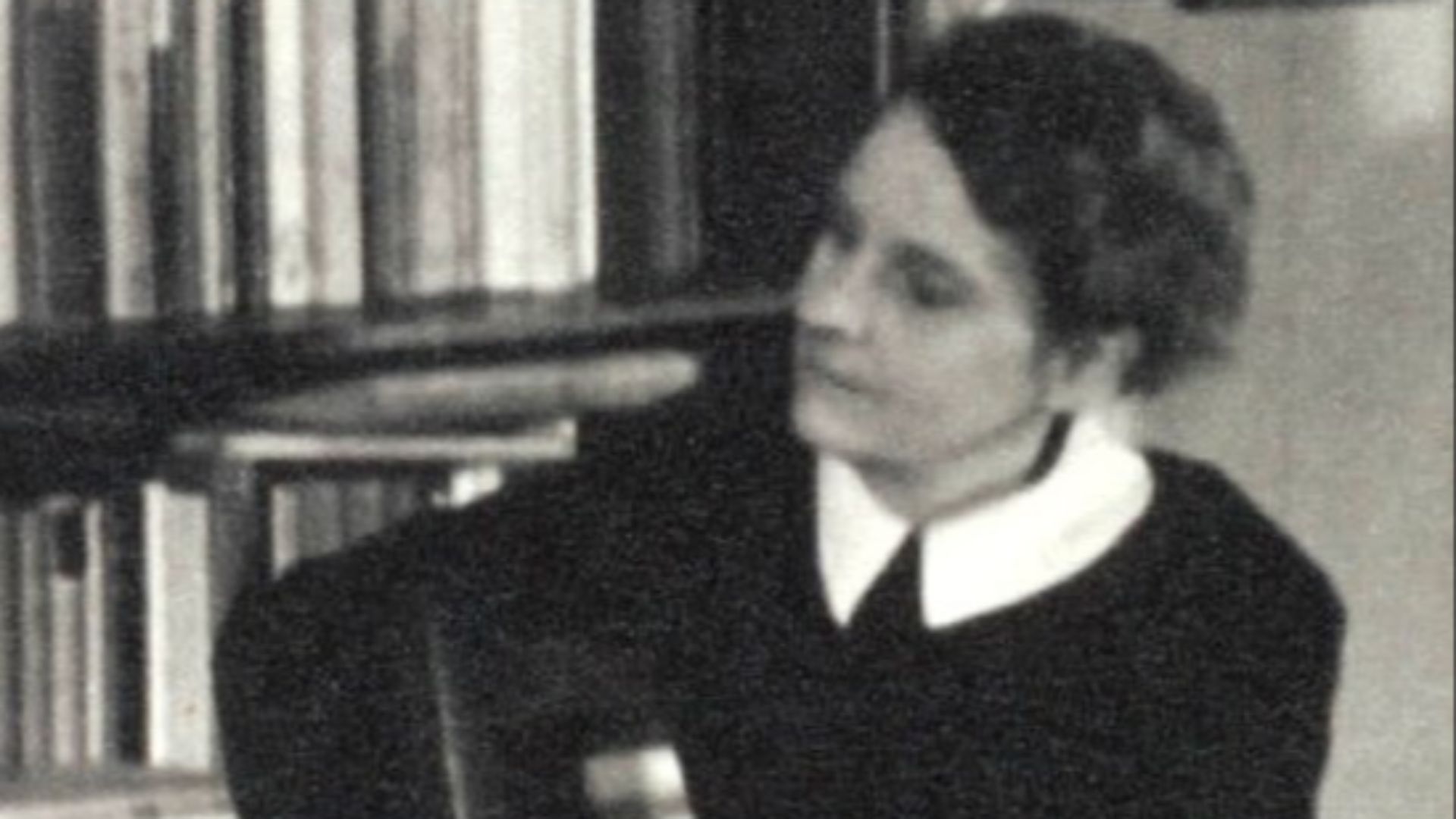 AnonymousUnknown author on Wikimedia
AnonymousUnknown author on Wikimedia
6. James Joyce
Even if you don't know James Joyce, you likely know some of his most famous works. Joyce was an ultra-modernist, whose stream-of-consciousness works Ulysses and Dubliners are the subject of much study today. Joyce's work may seem impenetrable, but is extremely rewarding to readers.
7. Ezra Pound
Ezra Pound's influence on 20th century poetry was so widespread that is was almost impossible not to be inspired by him. Pound developed a movement called Imagism, which focused on precise imagery and clear language. Unfortunately, Pound also collaborated with Italy during the following war.
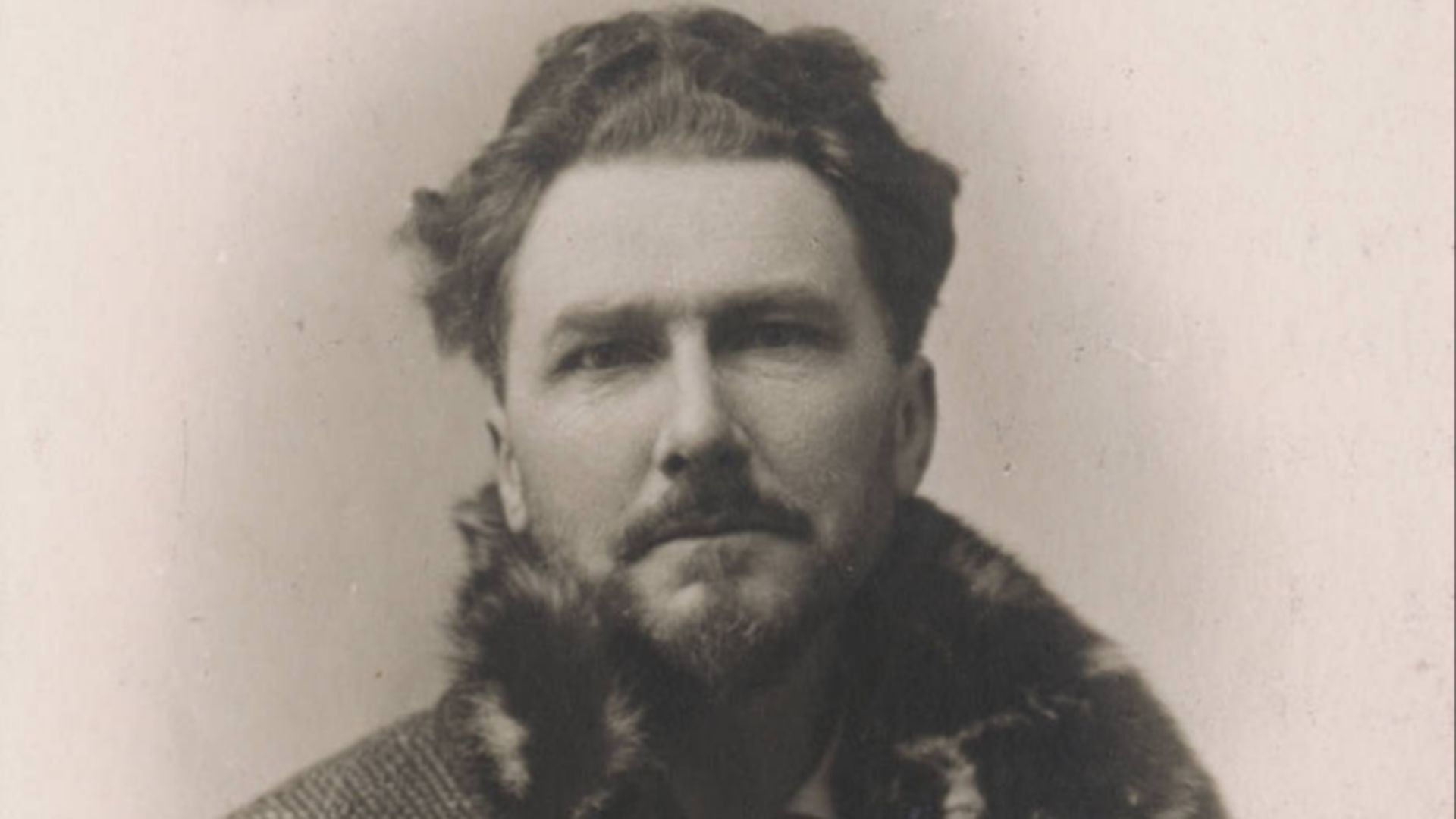 Unknown authorUnknown author on Wikimedia
Unknown authorUnknown author on Wikimedia
8. Djuna Barnes
Djuna Barnes was a woman of many talents. Throughout her life, Barnes worked as an artist, illustrator, journalist, poet, playwright, and novelist. Barnes' best known work is her 1936 novel Nightwood which features characters based on herself and her lovers.
9. Virginia Woolf
While many figures of the Lost Generation congregated in Paris, Virginia Woolf and her Bloomsbury Group carved out a place in London. Woolf was—and remains—one of the most recognizable writers of her generation for works such as A Room of One's Own and Orlando. Woolf was an ardent feminist in a time when few were.
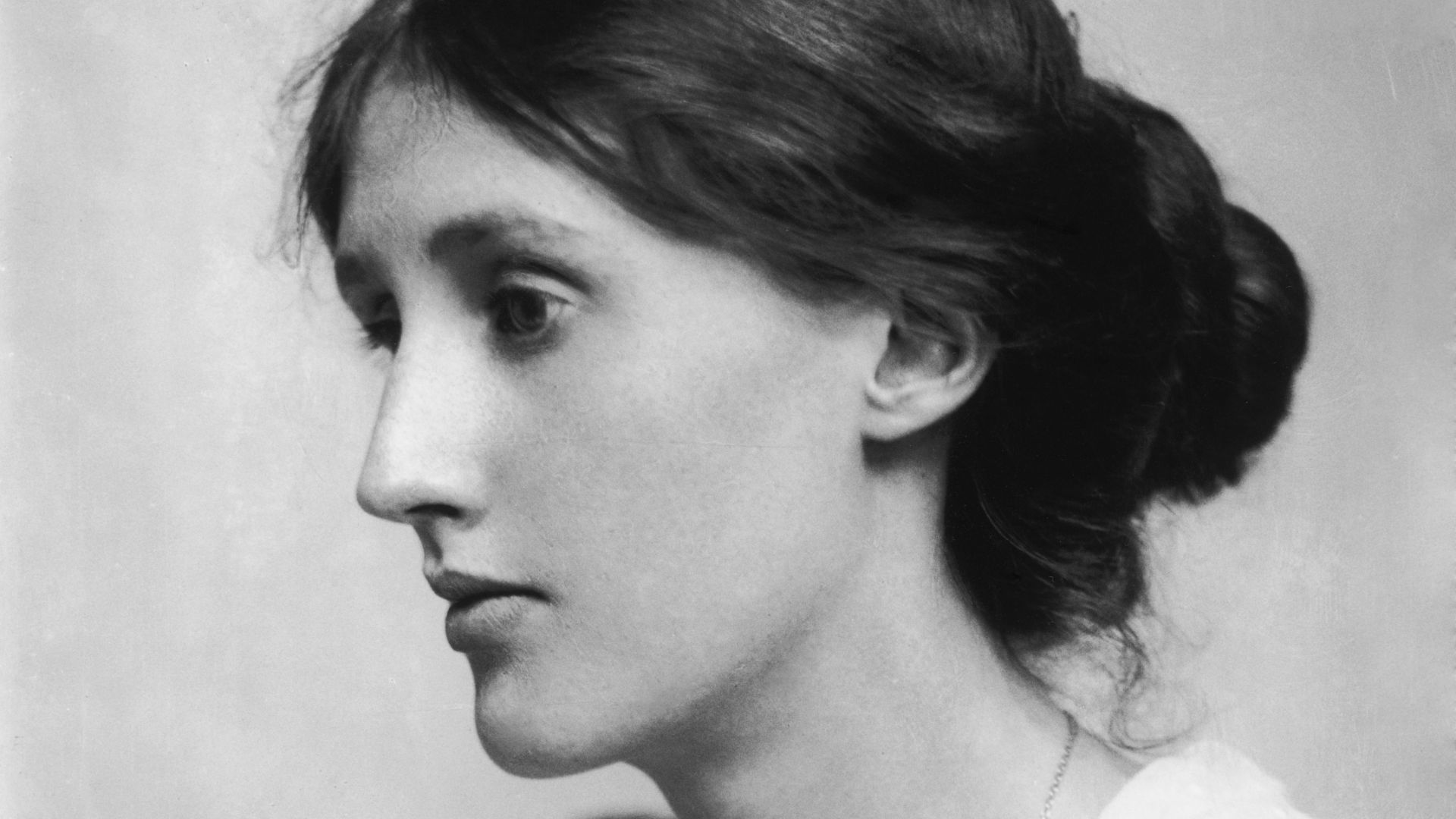 George Charles Beresford on Wikimedia
George Charles Beresford on Wikimedia
10. Hart Crane
Hart Crane lived a short and self-destructive life, despite which he managed to write incredibly tender poetry about the richness of life. In contrast to the pessimism of the period, Crane's poetry drew from earlier Romantic poets. Crane's best known work was an epic poem about the Brooklyn Bridge.
11. John Steinbeck
While not often grouped within the Lost Generation, John Steinbeck's novels of the American west depicted everyman protagonists affected by the Great Depression. East of Eden and The Grapes of Wrath are among the most studied—and most challenged—novels in American schools today. Steinbeck won the Nobel Prize in 1962.
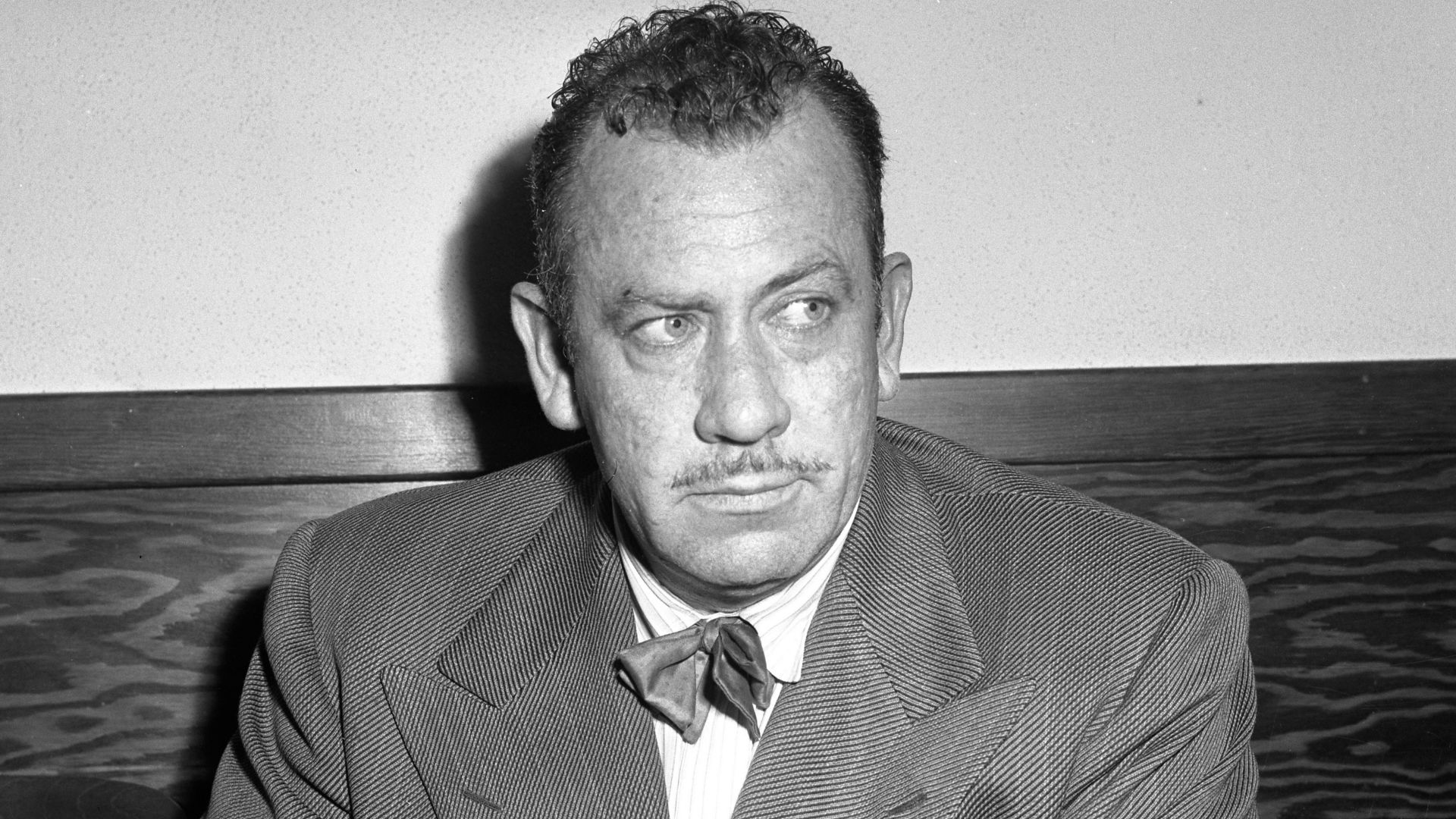 Los Angeles Daily News on Wikimedia
Los Angeles Daily News on Wikimedia
12. Edna St. Vincent Millay
In contrast to the growing modernist movement, Edna St. Vincent Millay rebelled by using the antiquated form of the Sonnet. As a writer and feminist, Millay was known in New York's bohemian Greenwich Village neighborhood. Millay made history when she became the first woman to win the Pulitzer Prize for Poetry.
13. Henry Miller
Few writers embody the freedom and frankness of the Lost Generation like Henry Miller. Miller's semi-autobiographical novels are filled with effortless comedy and honest discussion about sex previously unheard of in American literature. His novel Tropic of Cancer was so controversial that the United States banned its publication for almost 30 years.
14. T. S. Eliot
A poet and critic, T.S. Eliot broke new ground in verse and lead a revival of interest in earlier writers. Eliot argued that cannot cannot be understood in a vacuum, and must be judged in context. Eliot was awarded the Nobel Prize in Literature in 1948.
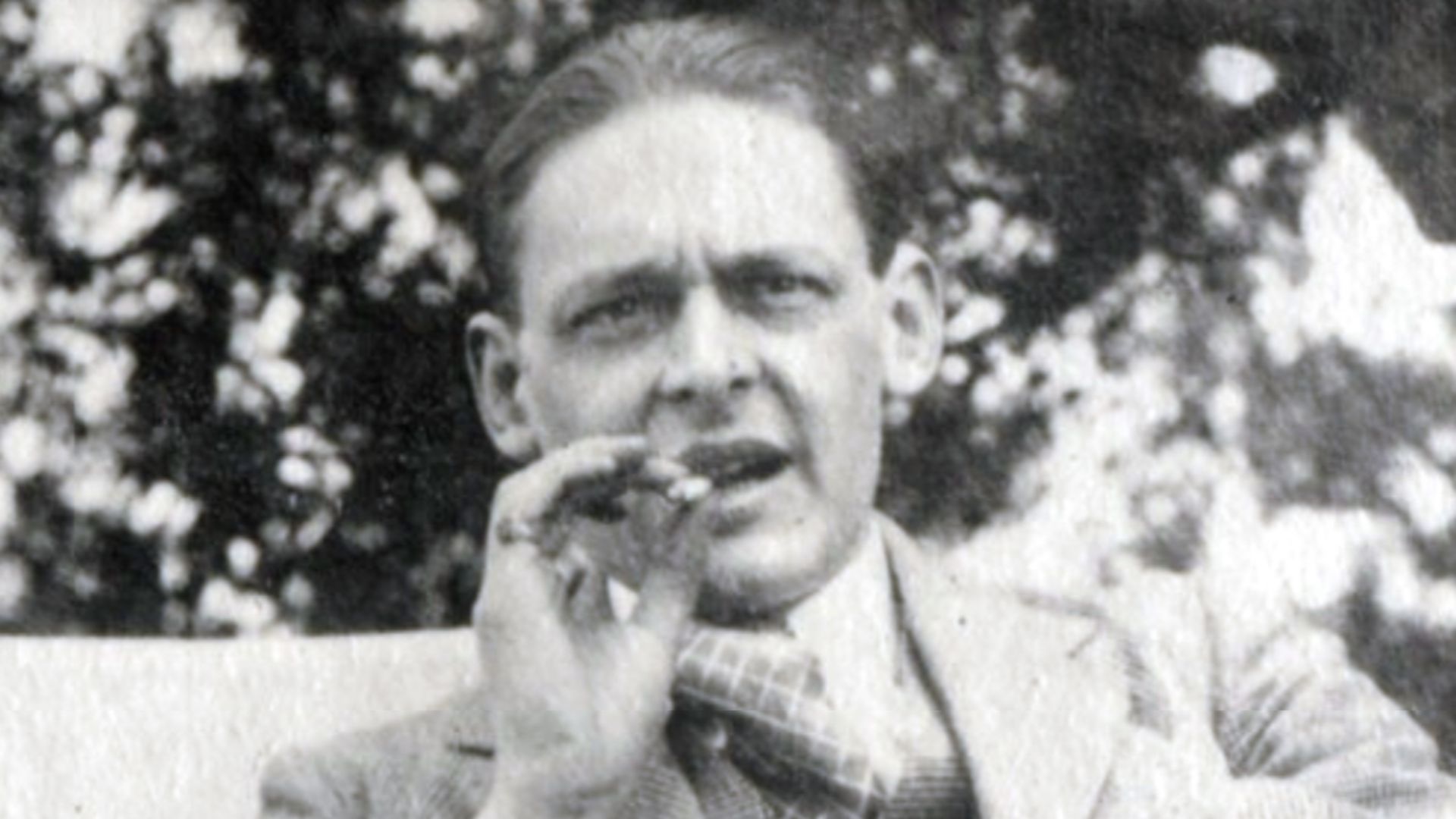 Lady Ottoline Morrell on Wikimedia
Lady Ottoline Morrell on Wikimedia
15. John Dos Passos
John Dos Passos joined the ambulance corps in 1917, and drafted his first novel in the trenches. Dos Passos was politically radicalized twice: first as a socialist, then, as a conservative. He wrote over 40 books and created more than 400 pieces of art.
16. Ford Maddox Ford
Like Sylvia Beach, Ford Maddox Ford published and nurtured the next generation of novelist. Unlike, Beach, Ford was a writer in his own right. Published in 1915, Ford's novel The Good Soldier pioneered many literary devices we now take for granted, such as flashbacks and the unreliable narrator.
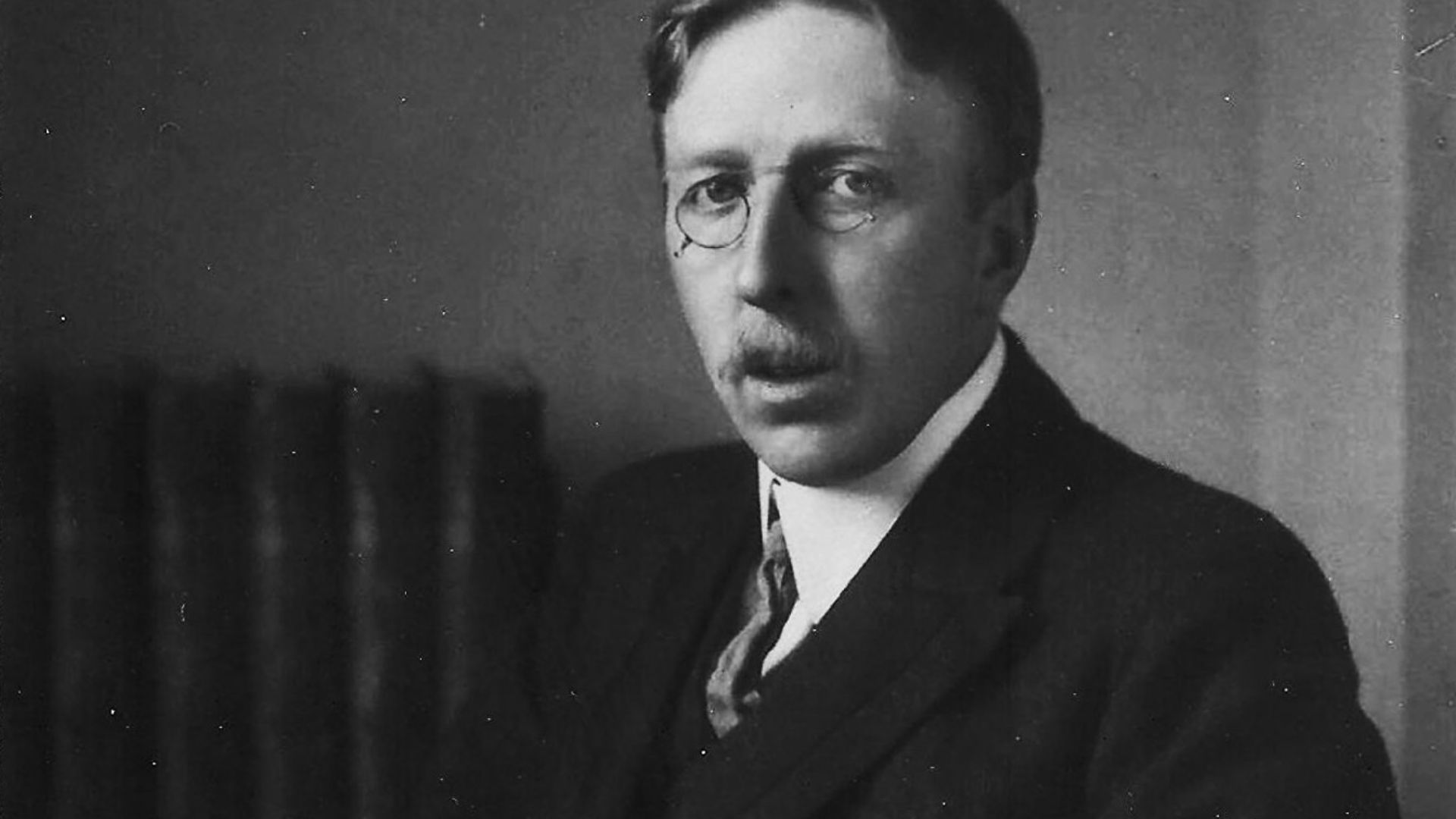 Unknown authorUnknown author on Wikimedia
Unknown authorUnknown author on Wikimedia
17. William Faulkner
Considered one of the greatest American writers of all time, William Faulkner is best known for his novels set in the fictional Mississippi county of Yoknapatawpha. In 1949, Faulker was awarded the Nobel Prize for his contributions to American literature. Faulker also worked as a screenwriter on films such as To Have And Have Not and The Big Sleep.
18. Erich Maria Remarque
German author Erich Maria Remarque is best known for his devastating anti-war novel All Quiet on the Western Front. Based on Remarque's own conscription during WWI, All Quiet condemns nationalism and heroism. The novel inspired other veterans to write candidly about their experience, and was banned in his home country.
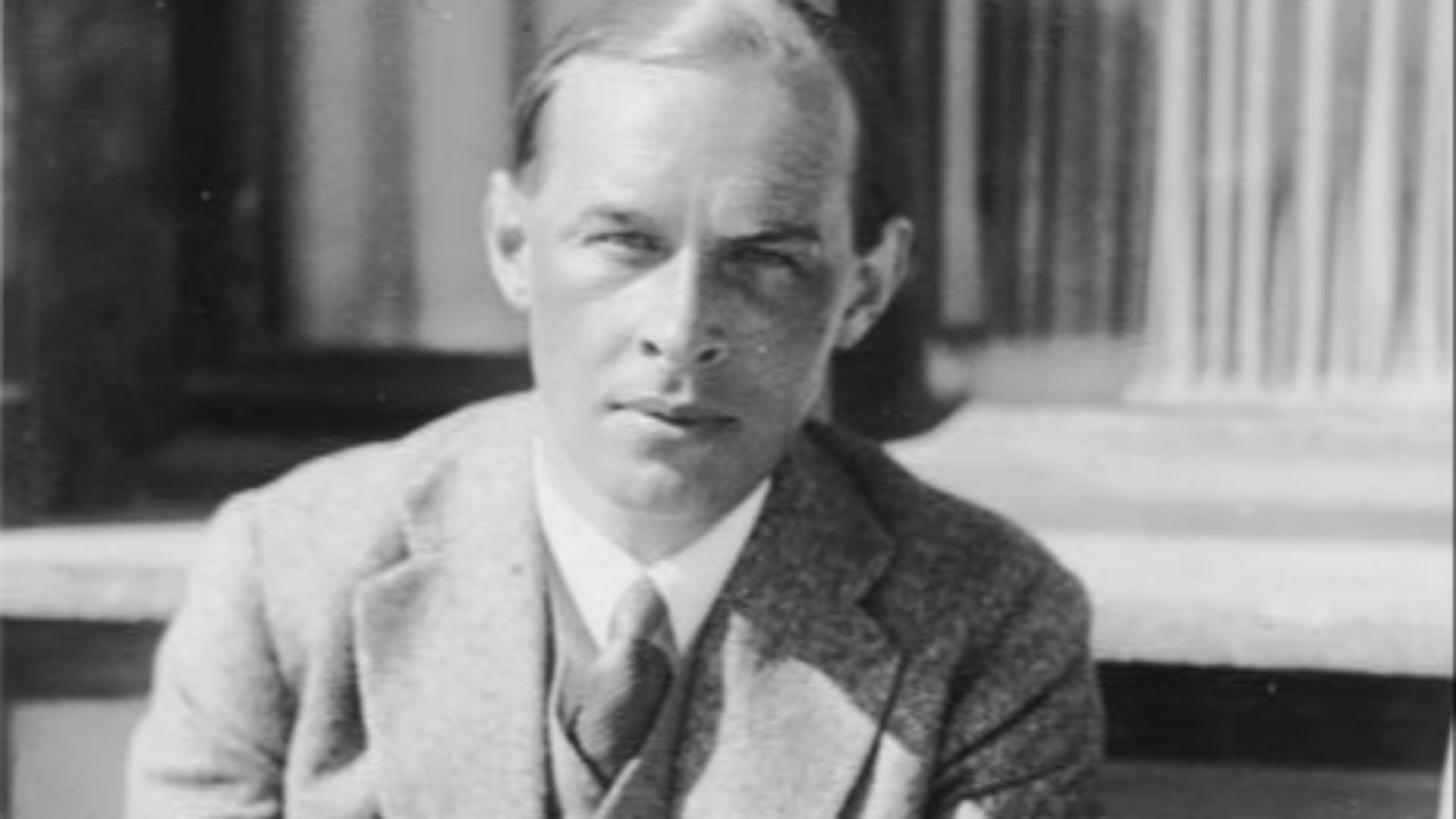 Unknown authorUnknown author on Wikimedia
Unknown authorUnknown author on Wikimedia
19. Rupert Brooke
In comparison to many of the other figures on this list, Rupert Brooke is remembered for lionizing rather than condemning war. Brooke's idealistic sonnets and boyish good looks made him the archetypal English soldier of the great war. Brooke did not live to see the war's end, succumbing to an infected mosquito bite in 1915.
20. Ernest Hemingway
Ernest Hemingway got his first taste of war when he volunteered as an ambulance driver for the Red Cross, the brutality of which shaped his later writings. Living in Paris, Hemingway brushed elbows with almost every other writer on this list. Hemingway's economical style and narrative mastery won him the Nobel Prize in 1954.
KEEP ON READING

10 Greatest Quarterbacks Of All Time & 10 That Are…
Do You Disagree?. Few topics in sports generate as much…
By Farva Ivkovic Dec 2, 2025
The story of Ching Shih, the Woman Who Became the…
Unknown author on WikimediaFew figures in history are as feared…
By Emilie Richardson-Dupuis Dec 29, 2025
20 Shakespearean Words, Translated For A Modern Audience
What’s In A Word?. Shakespeare was a wordsmith of the…
By Breanna Schnurr Dec 17, 2025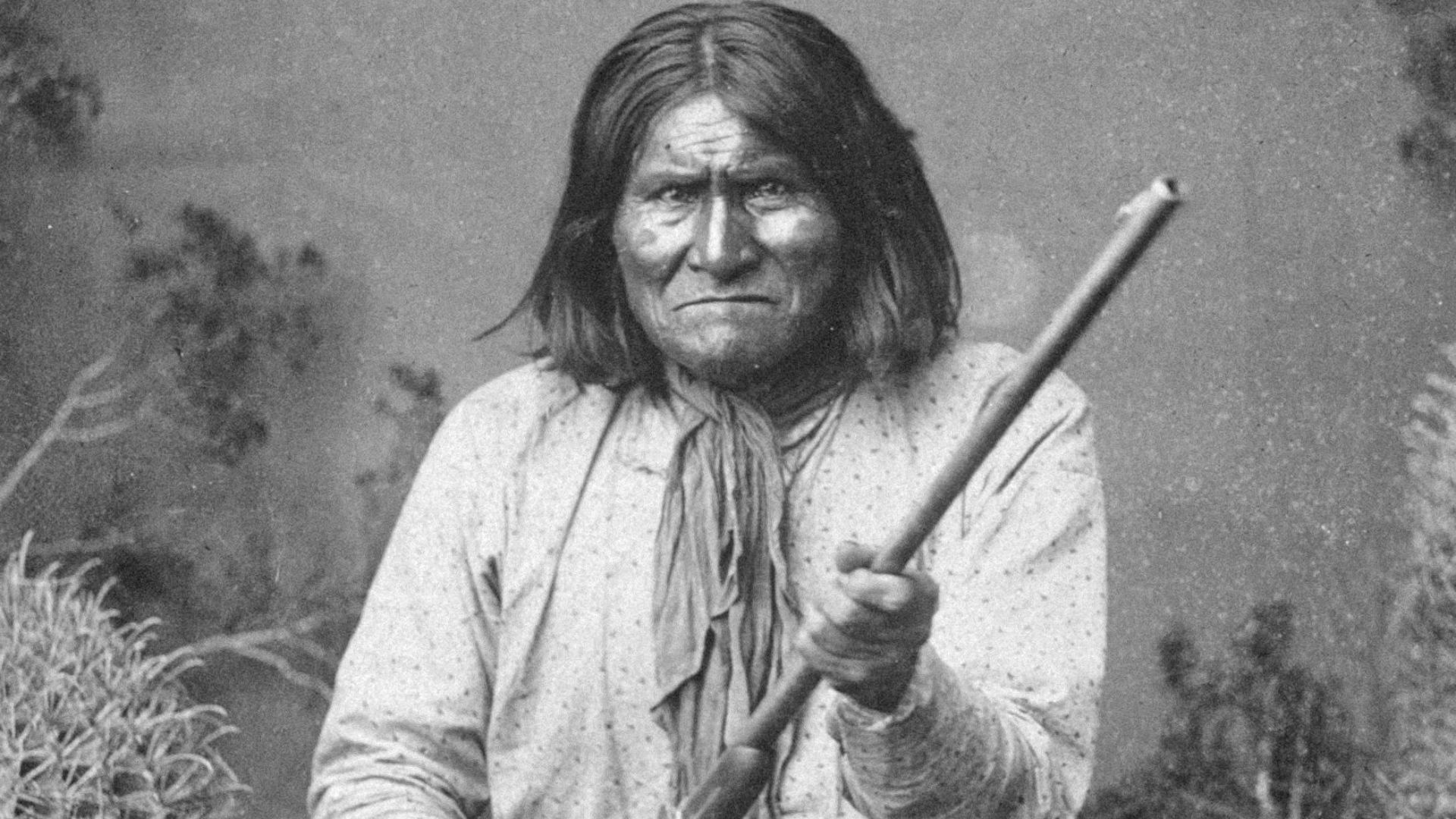
20 Inspiring Stories From Native American History
Incredible Stories Of Resilience And Endurance. Many of us didn't…
By Ashley Bast Dec 17, 2025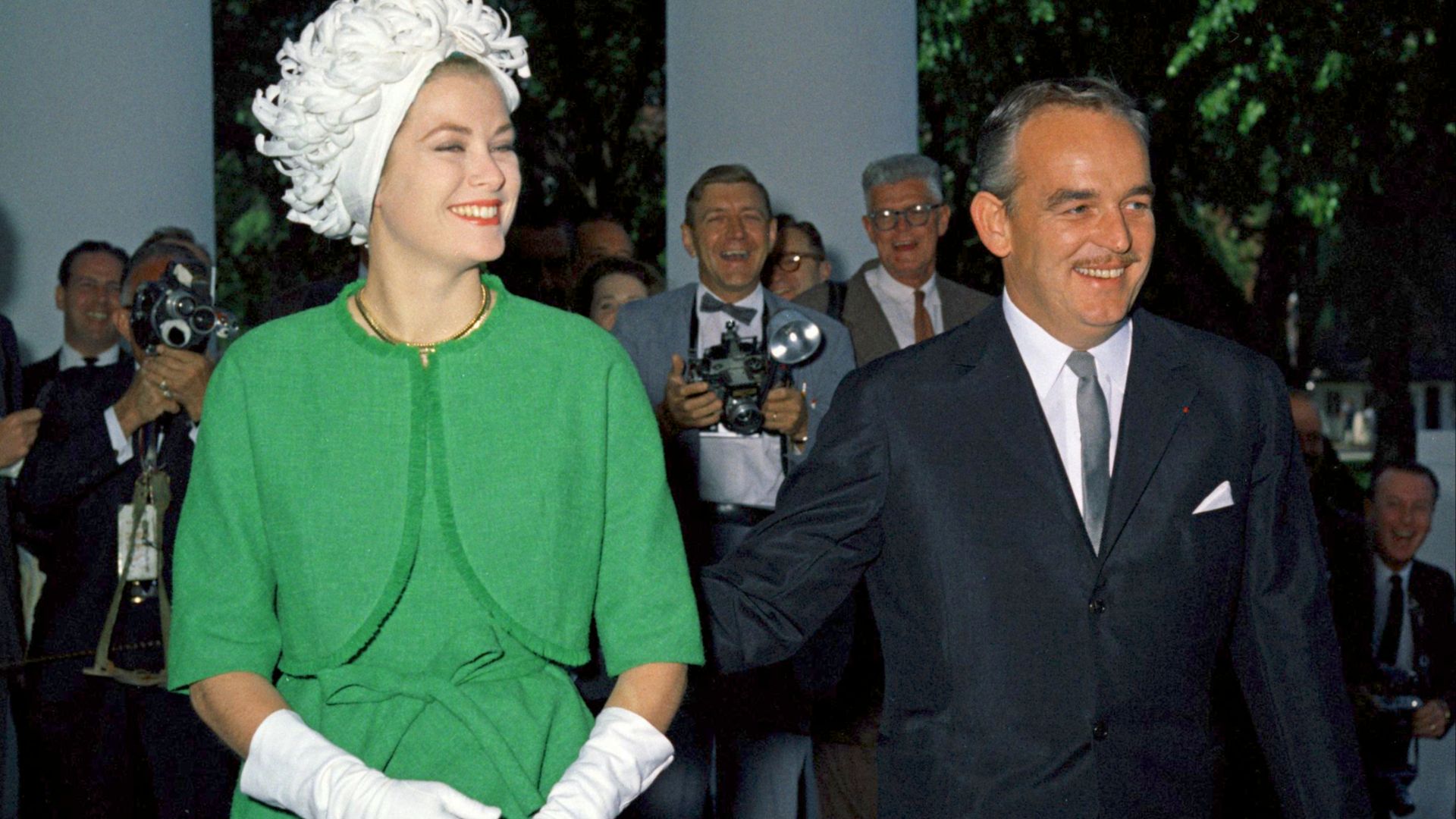
You Think You Have Problems? These Royal Families Were Cursed
Boasson and Eggler St. Petersburg Nevsky 24. on WikimediaHeavy is…
By Ashley Bast Dec 5, 2025
MH370: The Plane That Can't Be Found
Anna Zvereva from Tallinn, Estonia on WikimediaEleven years after Malaysia…
By Christy Chan Dec 10, 2025

